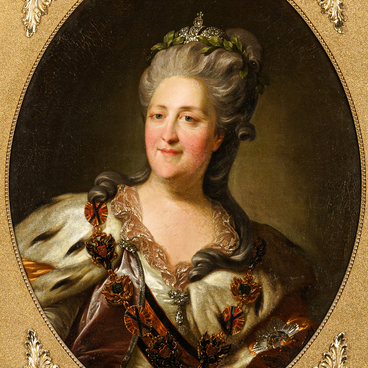In
1880, a monument to the poet Alexander Pushkin was unveiled in Moscow, designed
by the sculptor Alexander Opekushin. On this occasion, various festivities were
held in the city, which included public gatherings and speeches from prominent
figures in the literary scene. One such speaker was the renowned writer Fyodor
Dostoevsky, who delivered a significant address on June 20 at a public
gathering of the Society for the Advancement of Russian Literature.
Fyodor
Dostoevsky began his speech as follows,
Fyodor Dostoevsky’s rosette
Pushkin is an extraordinary phenomenon, and, perhaps, the unique phenomenon of the Russian spirit, said Gogol. I will add, and a prophetic phenomenon. <…> no single Russian writer, before or after him, did ever associate himself so intimately and fraternally with his people as Pushkin. <…> All these treasures of art and artistic insight are left by our great poet as it were a landmark for the writers who should come after him, for future laborers in the same field. One may say positively that if Pushkin had not existed, there would not have been the gifted writers who came after him.
Dostoevsky further stated that Pushkin inspired the faith of the Russian people in their own independence, as well as a “conscious hope for our national strength now, and later, faith in our future independent position among the European nations <…> Pushkin died in the full maturity of his powers, and undeniably bore away with him a great secret into the grave. And now we, without him, are seeking to divine his secret.“





